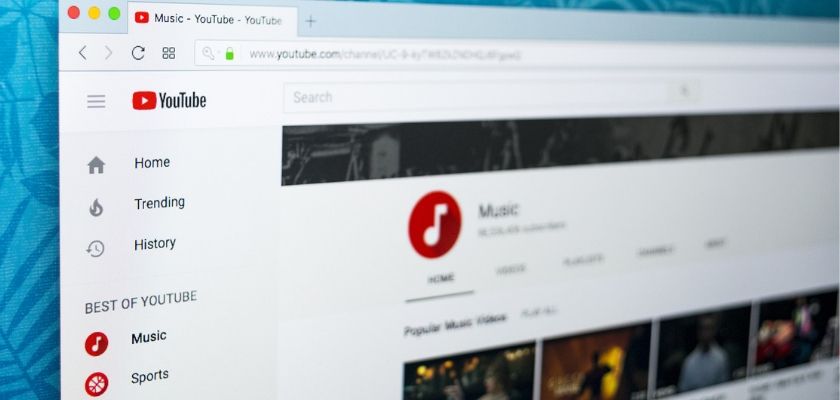There are perfectly legitimate, in and of themselves, software tools in this world – ostensibly mostly command-line based and therefore “user unfriendly” – that will allow anyone to download any YouTube video of their own choosing, to their own computer.
And among the myriad of flags that the command-line nerd can use are those allowing them to extract audio from these videos, in any quality they want. And then obviously, do with that audio, and video for that matter, as they please.
That’s the reality of the internet we live in.
In other words – the endless struggle of corporations believing their fortunes hinge on relentless enforcing of copyright and intellectual property rights in every little corner of the internet – is little more than a game of whack-a-mole.
What the big picture means is that thanks to the nature of the internet and the variety of technologies used on it – whenever one source of pirated or legitimate content is shut down – another one will inevitably spring up. So the problem, surely, must have another, a better solution, than the heavy-handed one of shutting down websites, preventing access to services, or threatening lawsuits?
Well, not as of press time.
Techdirt describes the way the big music industry has been clamping down on websites who provide the “stream-ripping” function (downloading audio of sometimes – but not always – copyrighted content found on YouTube – and, by the way, other similar online services).
And these “stream-rippers” do it “for the rest of us” – through the convenience of websites and browser plugins, instead of command line tools.
But much like the widely maligned, although in truth entirely agnostic BitTorrent peer-to-peer protocol, the “YouTube-to-MP3 rippers” have many legitimate uses.
However, this doesn’t seem to matter much in the face of Google’s video behemoth YouTube’s decision to play along with the music industry and block them anyway.
The Techdirt article mentions using the tech to convert publicly available lectures and educational material “put out by everything from universities to technology manufacturers – so that I can listen to them while on the go.”
Not to mention any variety of artists who might actually welcome having their work proliferated in this way – depending on the stage of their career, or indeed, their “web” persuasion.













